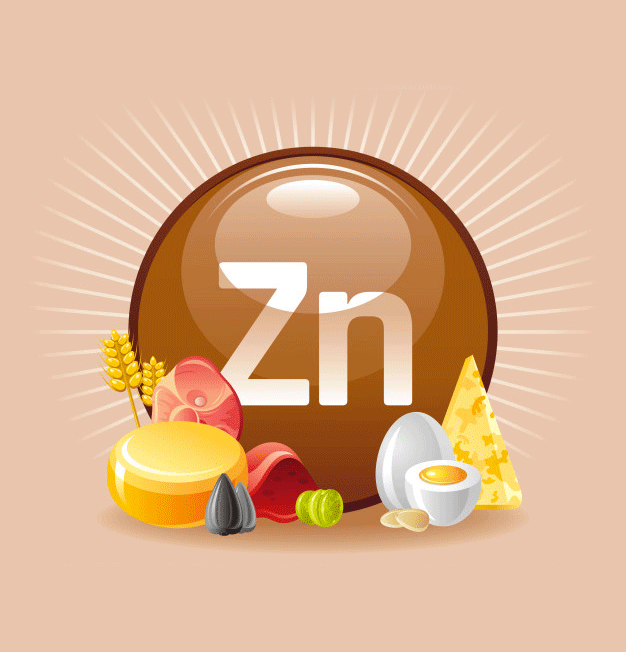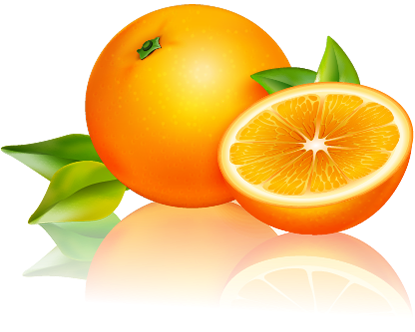


Is your body receiving sufficient protein? As you consider sugar, calories, fats, etc in your diet similarly you should also consider the intake of protein. So, you should make sure you are consuming enough protein with your regular diet. It plays an essential role in the creation and maintenance of each and every cell in your body. It fuels our cells and powers our bodies.
Protein is considered to be an important macronutrient for weight loss. But did you know that proteins are also crucial for a strong immunity? Proteins are often referred to as the building blocks which are required to repair cells and tissues. "The cells of the immune system rely on proteins. This indicates that supporting the immune system is one of the most important functions of proteins.
Protein intake is not just restricted to athletes and bodybuilders but it is important for everyone. Protein can be consumed from healthy and balanced diets, in addition, various protein shakes can be also considered to increase the amount of protein in your body.
Protein helps to build, repair, oxygenate, digest, and regulate the activities occurring in your body. Consuming high protein foods has many healthy benefits including speedy recovery from injury, reducing muscle loss, building lean muscles, helping maintain a healthy weight, and curbing hunger.
It is important to pair-up complex carbohydrates like fruits, vegetables, whole grain wheat and cereals with protein. This combination will take longer time to metabolise and will help in reducing the craving to indulge in between-meal snacks
Zinc is a micronutrient that is necessary for a healthy immune system. An insufficiency of Zinc can make a person prone to diseases and illness. It is responsible for various functions in the body that invigorate the activity of at least 100 different enzymes. A small intake of zinc is sufficient to gain the benefits. As per RDA zinc consumption should be 8 milligrams for women and 11 milligrams for men in a day. It is a naturally found element in foods but is also available as a diet supplement.
Zinc is important to build a healthy immune system, correctly synthesizing DNA, promoting health growth during childhood and recovering from injuries.

Zinc helps in controlling and regulating the immune system, in a same way zinc deficiency can critically weaken the immune system.
It acts as an important element in treating Diarrhea and common cold.
It results in a learning process and memory retention of a human being.
It plays a vital role in nurturing skin integrity and structure. Chronic wounds and ulcers are the results of zinc deficiency. Hence, consuming a valuable amount of zinc through diets and supplements reduces the risk of age related chronic diseases.
Zinc may also be effective in the treatment of acne, attention deficit hyperactivity disorder,osteoporosis and also in preventing and treating pneumonia.
Sufficient zinc intake is majorly important for children because even mild zinc deficiency can lead to slow growth, increase risk of infection, and increase risk of diarrhea and respiratory diseases.
3-5 milligrams is the recommended intake of zinc for children between 1-8 years and increases as the child gets older.
Males 9-13 years old require 8 milligrams of zinc per day. After the age of 14, the requirement increases to the 11 milligrams per day that is required for all adult males.
For females over the age of 8, the requirement stays stable at 8 milligrams per day, except for ages 14-18, where the recommendation increases to 9 milligrams per day. Pregnant and lactating women have an increased need for zinc at 11-13 milligrams per day, depending on age.
Beans, animal meats, nuts, fish and other seafood, whole grain cereals, and dairy products are the best sources for zinc.
Vitamin A
Vitamin A is a key element that is beneficial for good vision, a healthy immune system and cell growth. It is recommended that men should get 900 mcg, women 700 mcg and children and adolescents 300–600 mcg of Vitamin A per day.
There are two types of Vitamin A i.e preformed vitamin A and provitamin A. These are found in both animals and plants.
Vitamin A protects you from night blindness and age related decline. It is helpful in the treatment of Cancer, HIV, Cataracts and many other conditions or diseases. Vitamin A is a fat soluble vitamin which is stored in the body and excess intake can lead to toxic levels.
It is present in all green leafy vegetables and yellow and orange colour fruits like papaya, mango, orange and vegetables like pumpkin and orange.

Vitamin C
Vitamin C is a water soluble vitamin that is particularly found in fruits and vegetables. It is a potent antioxidant with positive effects on skin health and immune function.
The human body cannot produce Vitamin C by itself and hence it is important to consume it in an appropriate amount regularly.
Bleeding gums, frequent bruising and infections, poor wound healing, anemia and scurvy are the symptoms of vitamin C deficiency.
Bell peppers, citrus fruits, strawberries, guavas, blackcurrants, kiwis, leafy greens and broccoli are some of the food items containing high amounts of Vitamin C.

Vitamin D is produced by the human body when exposed to the sun. Vitamin D can also be consumed through certain food items and supplements.
Vitamin D is not a vitamin, but a prohormone, or precursor of a hormone.
Vitamin D has many roles in the body to perform and assists in promoting healthy bones and teeth, supporting immune, brain, and nervous system health regulating insulin levels and supporting diabetes management,supporting lung function and cardiovascular health, influencing the expression of genes involved in cancer development.
Getting sufficient sunlight is the best way to help the body produce enough Vitamin D.
Mushrooms are the only known plant food that naturally has Vitamin D

Iron is an important mineral for proper function of hemoglobin which is a protein and helps to transport oxygen in the blood. Iron is also responsible for various roles in the body functioning.
A shortage of iron in the blood can be a serious problem to deal with as it can lead to various health issues, including iron deficiency anemia.
RDA varies from ages but pregnant women should consume food items containing iron on a larger scale as it is beneficial in healthy pregnancy, increased energy, and better athletic performance.
Iron deficiency is commonly found in female athletes.
Excessive intake of iron can lead to risk of liver cancer and diabetes.
Iron supplements can be useful if people find it difficult to consume through a normal diet but it is recommended to consume iron from natural food items.
Iron helps to maintain various important functions in the body, including general energy and focus, gastrointestinal processes, the immune system, and the regulation of body temperature.
The benefits of iron mostly goes unnoticed as the person releases it when he/she is diagnosed with iron deficiency which can cause fatigue, heart palpitations, pale skin, and breathlessness.
Some of the best sources of dietary iron are seafood, flax seeds, dried fruits & nuts, beans and dark chocolate.